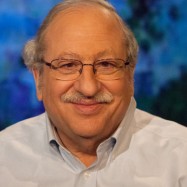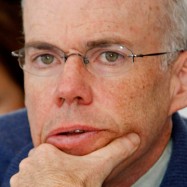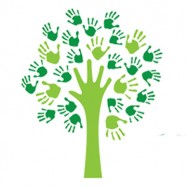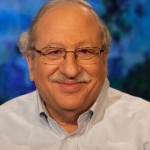The core of a story is a plot, a moment of choice in which a protagonist is confronted by a challenge for which he or she is not prepared, but which he or she must nevertheless face, the outcome of which we take away as the “moral.” Why do we pay attention? Because it is in plot moments that we most fully experience the gift of agency as human beings – moments of real anxiety, to be sure, but also of exhilaration — when our choices matter most, but we are least prepared to make them. And because we identify empathetically with the protagonist, we not only “understand” the dilemma with our heads, but we experience the dilemma in our hearts. This is why our families, faith traditions, cultural traditions, organizations, movements and communities all teach through story.
Narrative is how we learn to make choices, how we learn to access the moral resources (hope, empathy, self worth) to respond mindfully and courageously to urgent challenges. As St. Augustine observed, it is one thing to “know” the good, but another to “love” it – and loving it calls forth action. Because values are emotional in content, they are sources not only of information about what we “ought” to do, but also of the motivation to do it. I say values, not interests, because while self-interest is sufficient to sustain the status quo, our values are sources of the courage to take the risks, make the commitments, and reach out to others that challenging the status quo requires.
By learning to tell a story of my calling — not my “career,” but my “calling” — I can communicate my values to others. By attending to the stories of others, and those we share with them, I can communicate values we share — a story of us. And by telling stories of the challenge to those values, the hope we can respond, and a path to action, we can inspire others to join us in action. Hope, however, is not the same as optimism. As Maimonides said, hope is belief in the plausibility of the possible, as opposed to the necessity of the probable. A realist recognizes that early in 2007 it was highly improbable a black man could be elected president, but it happened.
Marshall Ganz is a senior lecturer in public policy at the Kennedy School of Government at Harvard University. As an organizer and strategist, he worked with the United Farm Workers for sixteen years, and played a pivotal role organizing students and volunteers for Barack Obama’s historic 2008 presidential campaign.








